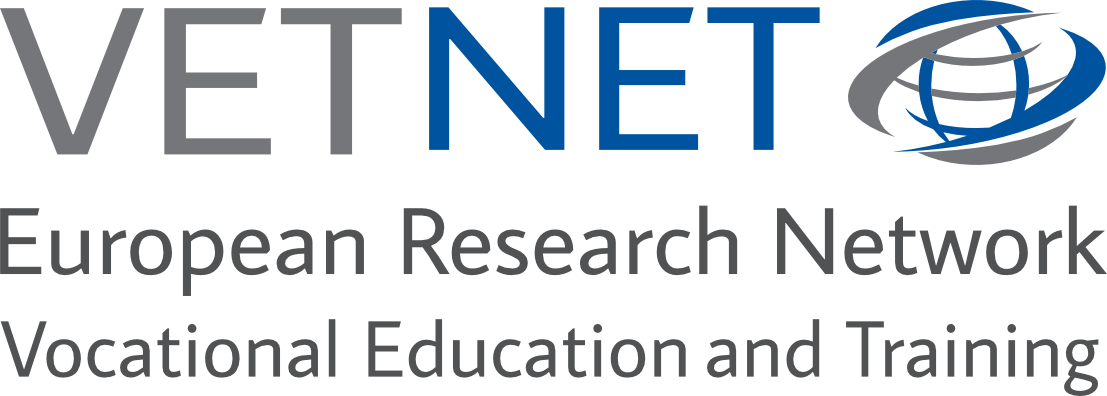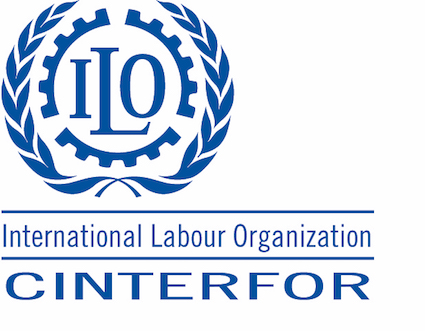Difficulties in Defining Social-Emotional Intelligence, Competences and Skills - a Theoretical Analysis and Structural Suggestion
DOI:
https://doi.org/10.13152/IJRVET.2.1.4Keywords:
social competence, emotional intelligence, social skills, educational curricula, action regulationAbstract
Demands related to the frequency of and time required for interactional tasks in everyday occupational routines are continuously growing. When it comes to qualifying a person’s ability to interact with others, two prototypical concepts are often used: social competences and emotional intelligence. In connection to discussions about curriculum standards in Germany, these are viewed as important attributes that should be taught, supported and if possible assessed in educational pathways toward an occupation. However, in looking for a generally approved and widely used definition, many problems arise on the inter-conceptual and intra-conceptual level, triggering implementation difficulties in educational curricula. This article highlights these difficulties by selecting five well-established key theories and comparing their communalities and differences. Analyzing definitions of intelligence, competences and skills, taking an action regulation perspective and highlighting the interdependence of social and emotional aspects, a structural system to facilitate the transfer into the educational context is proposed.





